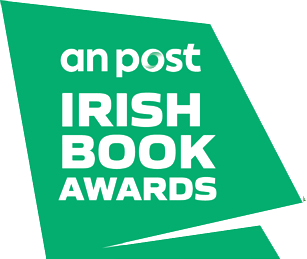The information we collect and hold on you will be used in a number of ways, including:
- to fulfil membership requests
- to fulfil bookings for attendance at events
- provision of a LAI service,
- provision of information to inform you of other products or services available from LAI and its affiliates
- process payments, e.g. fees for attendance at events, payment of invoices, etc.
- to facilitate discussion and sharing of knowledge through discussion lists and events
- to contact you to conduct research about your opinion of current services or of potential new services that may be offered
- when you use the LAI website.
The LAI will keep your information only for as long as is necessary for the purposes set out in this privacy notice and to fulfil our legal obligations. We will not keep more information than we need. The retention period will vary according to the purpose the data is collated.
The LAI does not sell, rent or lease its customer lists to third parties. The LAI may, from time to time, contact you on behalf of external business partners about a particular offering that may be of interest to you. In those cases, your unique personally identifiable information (e-mail, name, address, telephone number) is not transferred to the third party. In addition, the LAI may share data with trusted partners to help us process payments, perform statistical analysis, send you email or postal mail, provide customer support, member services or arrange for deliveries. All such third parties are prohibited from using your personal information except to provide these services to the LAI, and they are required to maintain the confidentiality of your information.
The LAI will disclose your personal information, without notice, only if required to do so by law or in the good faith belief that such action is necessary to: (a) conform to the edicts of the law or comply with legal process served on the LAI or the site; (b) protect and defend the rights or property of the LAI; and, (c) act under exigent circumstances to protect the personal safety of members of the LAI, or the public.








